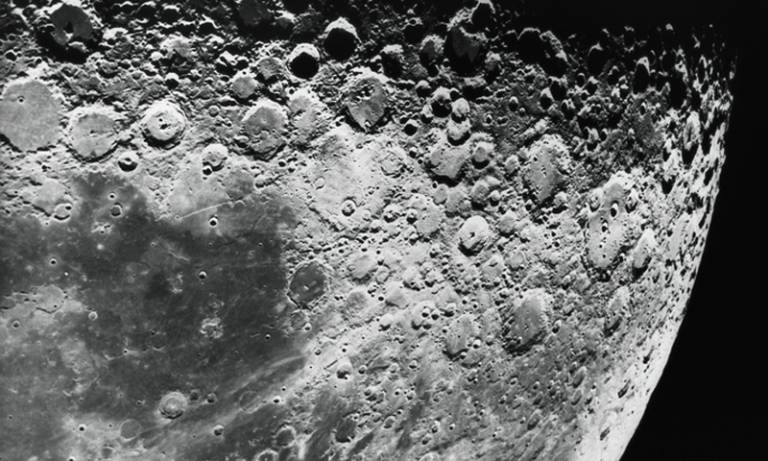As public activities in space are undergoing significant change, IIPP research aims to inform policy focused on directing space innovation activities towards maximum socio-economic benefit.

Public activities in space are undergoing significant change, with more than 60 space faring nations and a growth in the number of private sector organizations interested in the space economy. As a consequence, the space sector is rapidly evolving in its 'ecosystem', and under pressure to deliver socio-economic impacts at a reasonable cost.
NASA
In the USA, NASA has historically been able to drive market creation through its active investment and procurement policies. The past decade has seen a visible shift in US space policy away from NASA-directed developments in areas such as LEO. Instead, it has been moving towards an ecosystem with a mix of private, not-for-profit and public actors in LEO.
This has fundamentally changed NASA’s role from one of orchestrating/directing, to a more ‘facilitating’ role driven by commercialization needs. This shift has ramifications for the LEO ecosystem, as well as NASA’s innovation policy, which has previously centred on clearly defined ‘mission-oriented’ objectives, such as putting a man on the moon or creating the space shuttle fleet.
European Space Agency (ESA)
Creating a strong European space innovation system is a key mission for the European Space Agency (ESA), in the era, termed “new space” or, what the ESA's Director General Jan Woerner calls “Space 4.0”.
ESA is exploring new ways of partnering with the increasing number of space faring nations, private space firms and other non-space entities. It hopes to achieve socio-economic impacts, including jobs and growth and addressing societal grand challenges.
Mazzucato and Robinson’s approach to these questions has built on Mazzucato's work on market creating 'mission-oriented' policies, as opposed to traditional ‘market-fixing’ frameworks steering public agencies worldwide.
UCL space
Professor Mazzucato recently contributed to a workshop at UCL on policy and regulatory considerations for the space sector in the context of Brexit. It was co-organised by UCL's Mullard Space Science Laboratory and the London Institute of Space Policy and Law. The report is available here.
UCL Space Week Workshop: Space Missions, Economic Value and Public Purpose
IIPP co-hosted a workshop with the UCL Mullard Space Science Laboratory as part of UCL Space Week 2018. The workshop saw speakers from IIPP, Mullard, and the European Space Agency discuss the challenges and opportunities for space research, innovation and exploration with a view to desirable socio-economic impacts.
IIPP also has an ESA-funded Phd student, Angeliki Kapoglou. Currently based at the Human and Robotic Exploration Strategy Department at ESTEC, her research is focused on applying Mission-Driven Innovation Models to the area of sustainable lunar exploration. A key focus of her research is the strategic planning, mission design and the commercial partnerships for ESA's In-situ Resource Utilisation Demo mission concept, which aims to produce drinkable water and/or breathable oxygen on the Moon by 2025. Her research is also supported by the Luxembourg Space Resources Initiative.
Further reading
"Mariana Mazzucato argues that publicly funded missions help turn economic uncertainty into calculable risk." Stephen Stanford (2018), Investments in space pay off, Pittsburgh Post-Gazette
Mariana Mazzucato and Douglas Robinson (2017), Co-creating and directing Innovation Ecosystems? NASA's changing approach to public-private partnerships in low-earth orbit. Technological Forecasting and Social Change.
Mariana Mazzucato and Douglas Robinson (2016), “Directing vs. Facilitating the economic development of Low Earth Orbit”, NASA book chapter.
Mariana Mazzucato and Douglas Robinson (2016), “Market Creation and the European Space Agency”, ESA research.
Watch Professor Mazzucato’s talk to ESA Space for Inspiration Conference (5/10/2016).
 Close
Close

